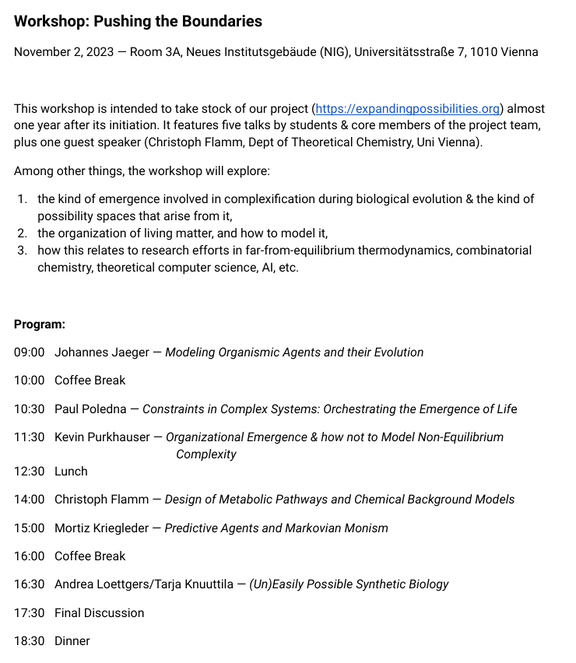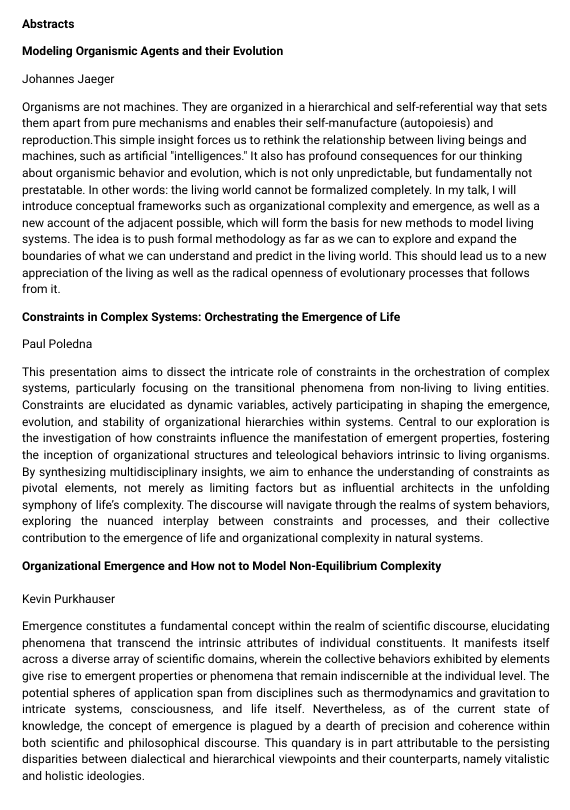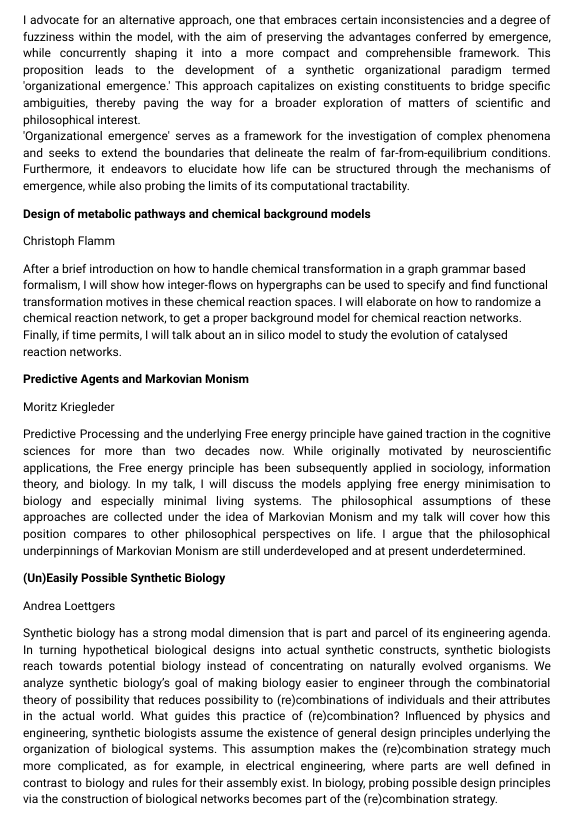QUICK THOUGHTS
An experimental micro-blogging format to showcase our process of doing research in real time...
News and events regarding the project will be reported here.
Blog entries will be raw snapshots, not polished and finished products.
Neither will there be full articles here, only links to more detailed work published elsewhere.
Discussion and engagement are encouraged, but comments will require approval.
Neither will there be full articles here, only links to more detailed work published elsewhere.
Discussion and engagement are encouraged, but comments will require approval.



